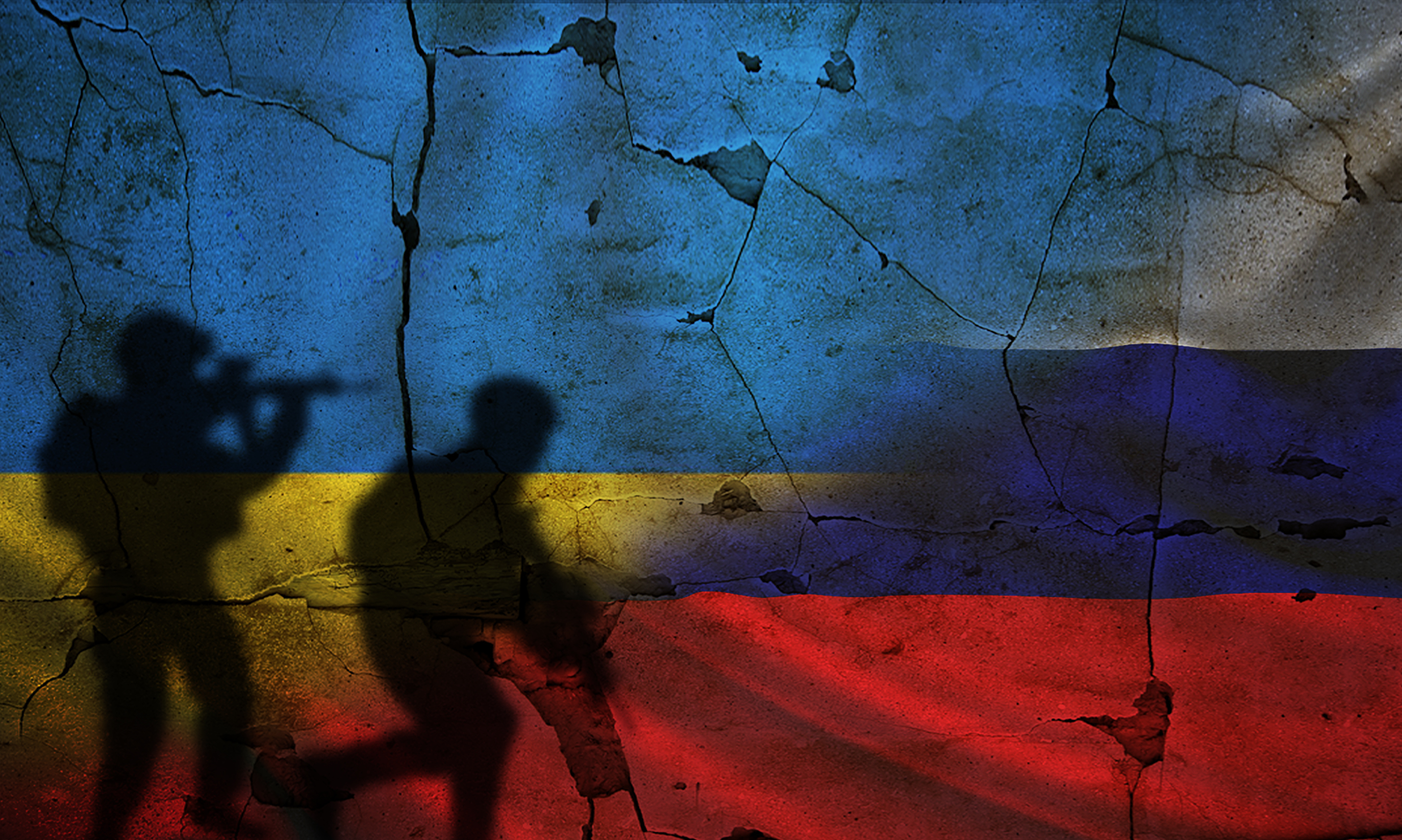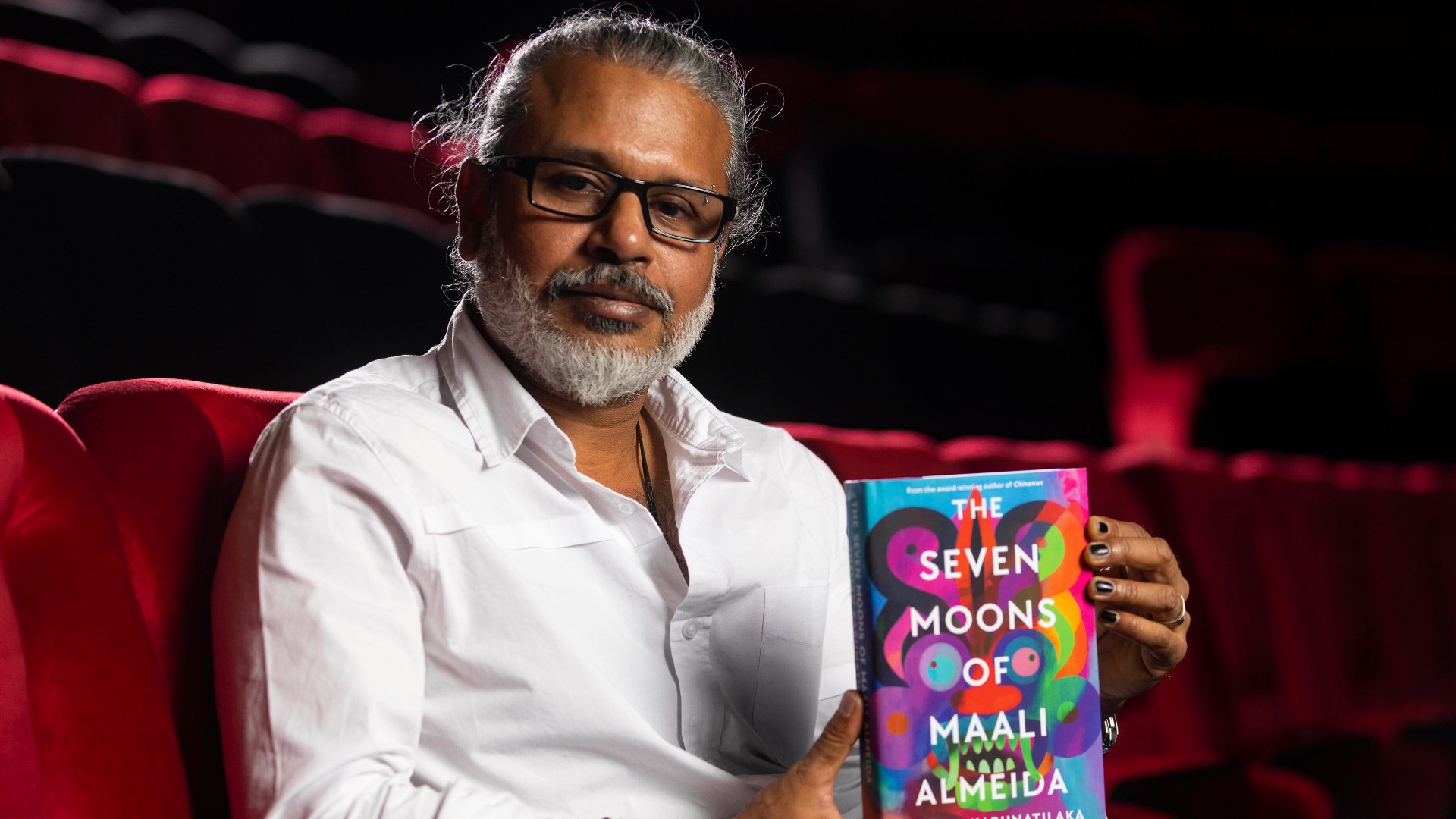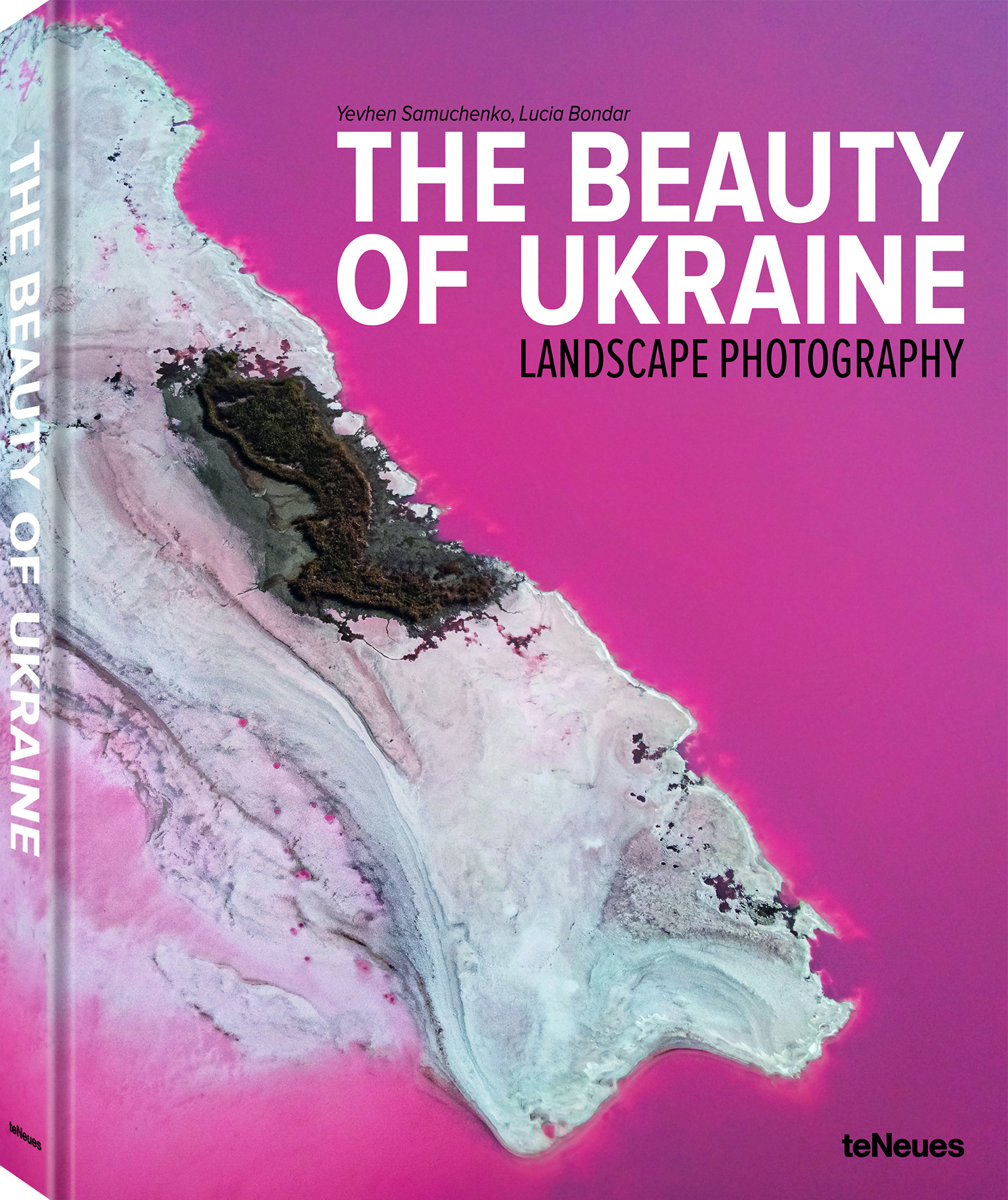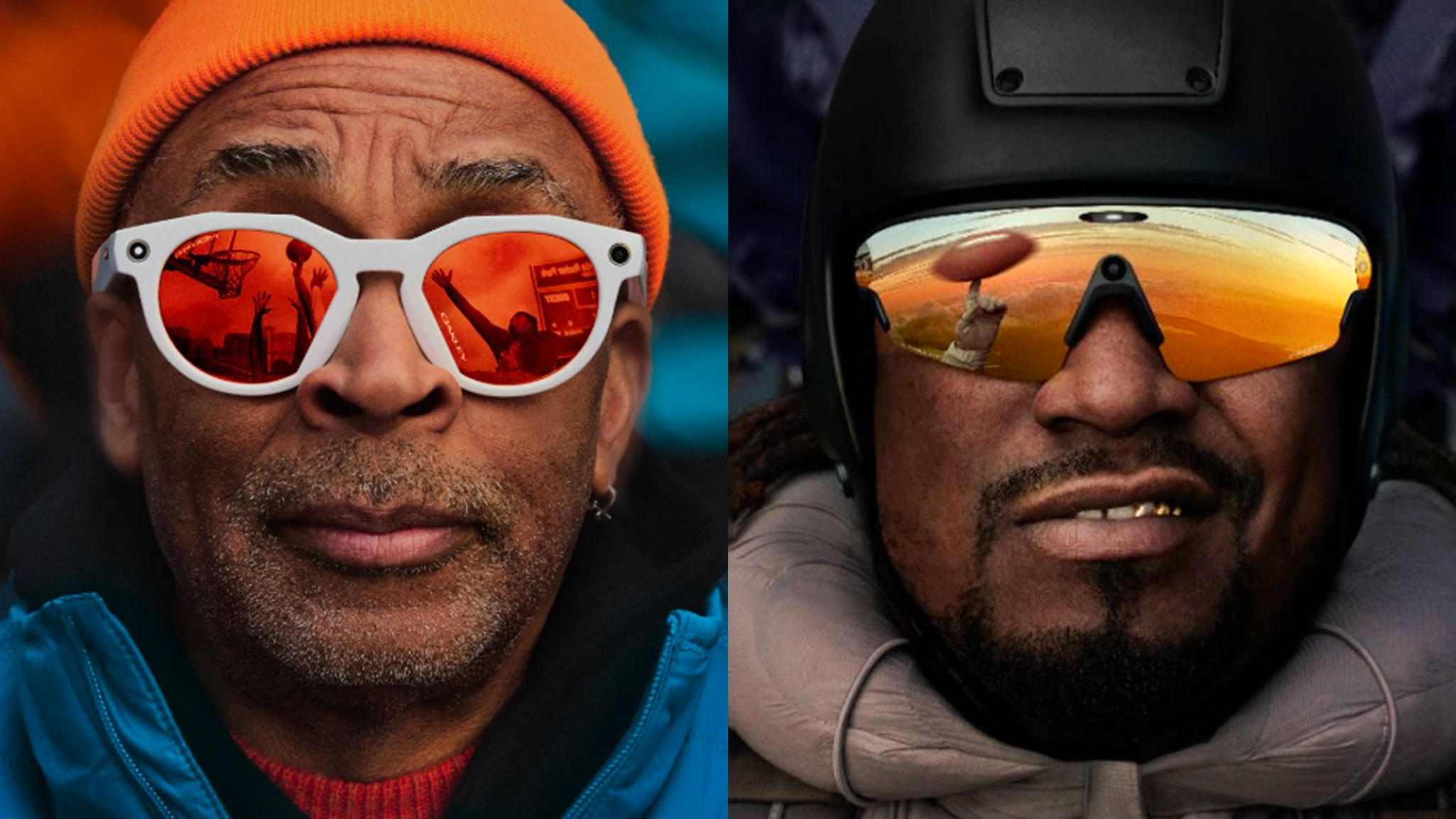What are the rules of war photography?
Should war photography even exist? We take a look at the best practices surrounding the ethics and aesthetics of this medium

The best camera deals, reviews, product advice, and unmissable photography news, direct to your inbox!
You are now subscribed
Your newsletter sign-up was successful
With the devastating ongoing major wars and armed conflicts happening around us, especially the impacts of the current invasion of Ukraine being televised continuously, is it morally and ethically correct to participate in war photography?
There may be no right or wrong answer to this question, or a definitive one at all. And additionally, it expands into other contemporary and controversial areas of photography such as documenting the effects of global traumas like those suffering from poverty, illness, global warming, and wildlife extinction.
We exist in a time where we can watch war unfold before our eyes, whether that's through news and press coverage, recorded personal footage that is uploaded and shared through social media, or even as we reported in March, people were Watching the war unfold via webcams based in Kyiv, Ukraine.
Some historians may argue that war photography is vital to our understanding and honoring of our history, and in a recent interview we had world-renowned photographer Steve McCurry, who has been on assignment in a number of war zones, he emphasized that:
“You just have to find someplace inside yourself and realize that the purpose of it is to shed light on a situation and hopefully people will be more informed about the world we live in. Maybe it can create positive change, so it's good to get it out there. Everybody deals with it in their own way.”
A gripping thriller book about war photos that can change the world was has just won the prestigious Booker Prize for 2022. The fictional story - The Seven Moons of Maali Almeida by author Shehan Karunatilaka - and tells of a gay photographer, Maali, who's spent his life documenting war crimes, to then awake in the afterlife after being unknowingly murdered. The story synonymously reflects the civil war happening in Sri Lanka.
The Booker Prize win and recognition of war photography and its importance, as reiterated by professionals like Steve McCurry, stands to show that it is not only a needed practice but a respected one, despite the moral and ethical conflicts that it may impose in the minds of many people.
The best camera deals, reviews, product advice, and unmissable photography news, direct to your inbox!
Documenting the actions of war as opposed to taking measures to help put an end to them must take a heavy toll on war and conflict photographers, but somebody has to do it. War photography can be perceived as a way of showing the rest of the world what's happening, however gruesome, to spark a rise against injustice and encourage society to make changes in a shocking reality check.
But surely there are some do's and don'ts of how to navigate being a war or armed conflict photographer, such as not intruding on private moments of shock and grief, not staging a scene or image to appear worse than in reality, or vice versa, and having an indifference to the victims of conflict if from an opposing country. Where do these photographers have to draw the line between truth and fear?
A poem titled 'War Photographer' by Carol Ann Duffy beautifully and tragically depicts what it must be like to have the burden of being a war photographer and witnessing horrors, yet also afforded the luxury of getting to leave the action and go home to their darkrooms. An escape that many casualties of war do not have, but who deserve to have their stories accurately captured and shared.
Cultural historian Dr. Anna Topolska specializes in research around many topics that include war photography, and is expected to host a lecture titled, 'The Ethics and Aesthetics of War Photography: From the 19th-Century Wars to the War in Ukraine', at Illinois State University on November 15, 2022. The lecture is free to attend and open to the public, igniting a conversation about the history of the practice.
What are your thoughts on the morality of war photography? Is it acceptable to only a small extent, something to be highly commended, or something that is ethically questionable and therefore should not be permitted? Let us know!
You may also be interested in how a Ukrainian soldier's life was saved by his phone that stopped a bullet, as well as how War photojournalists captured virtual pictures inside Call of Duty. Take a look at the Beauty of Ukraine landscape photo book, and discover our guides to the best anamorphic lenses for filmmakers as well as the best audio recorders for video making.
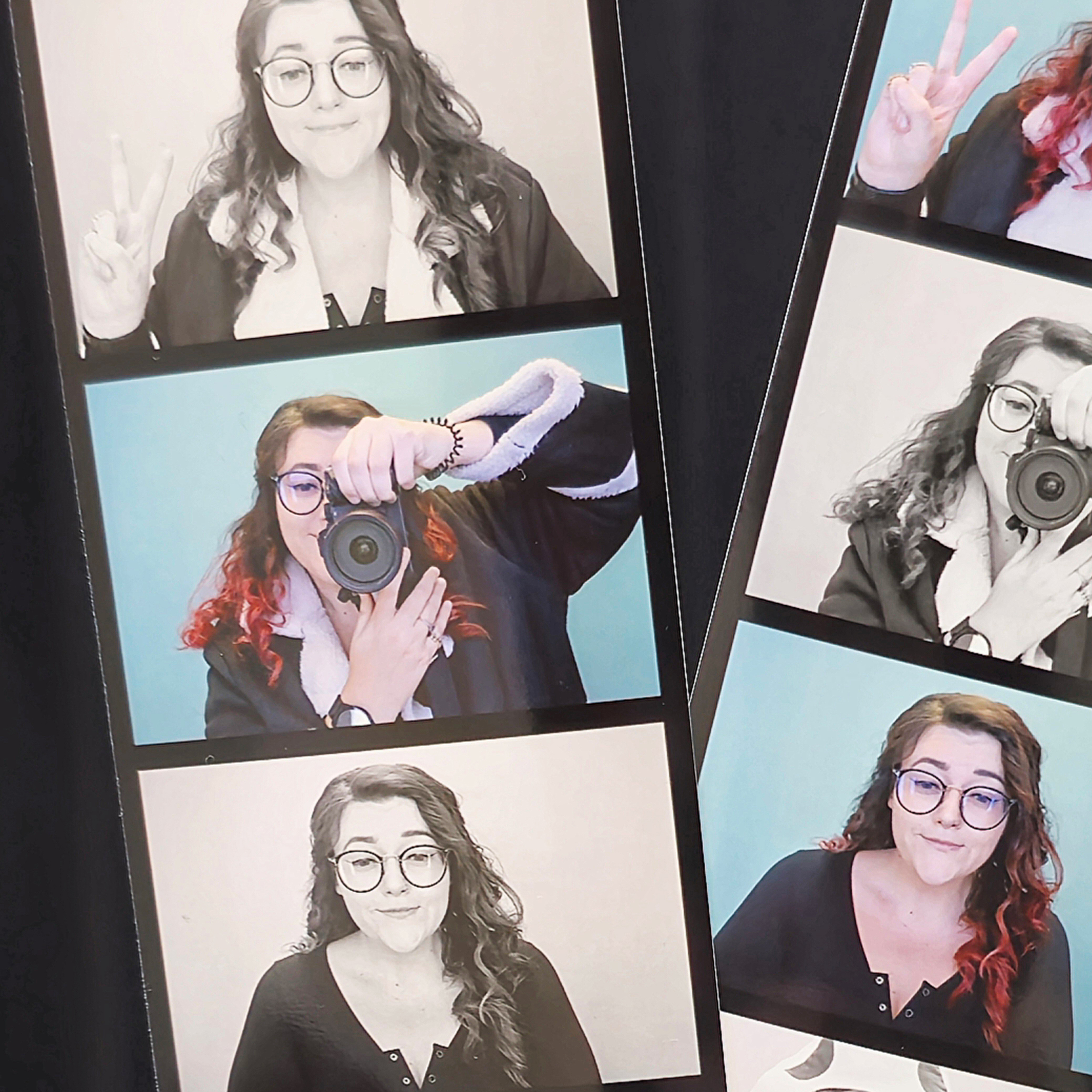
Beth kicked off her journalistic career as a staff writer here at Digital Camera World, but has since moved over to our sister site Creative Bloq, where she covers all things tech, gaming, photography, and 3D printing. With a degree in Music Journalism and a Master's degree in Photography, Beth knows a thing or two about cameras – and you'll most likely find her photographing local gigs under the alias Bethshootsbands. She also dabbles in cosplay photography, bringing comic book fantasies to life, and uses a Canon 5DS and Sony A7III as her go-to setup.
